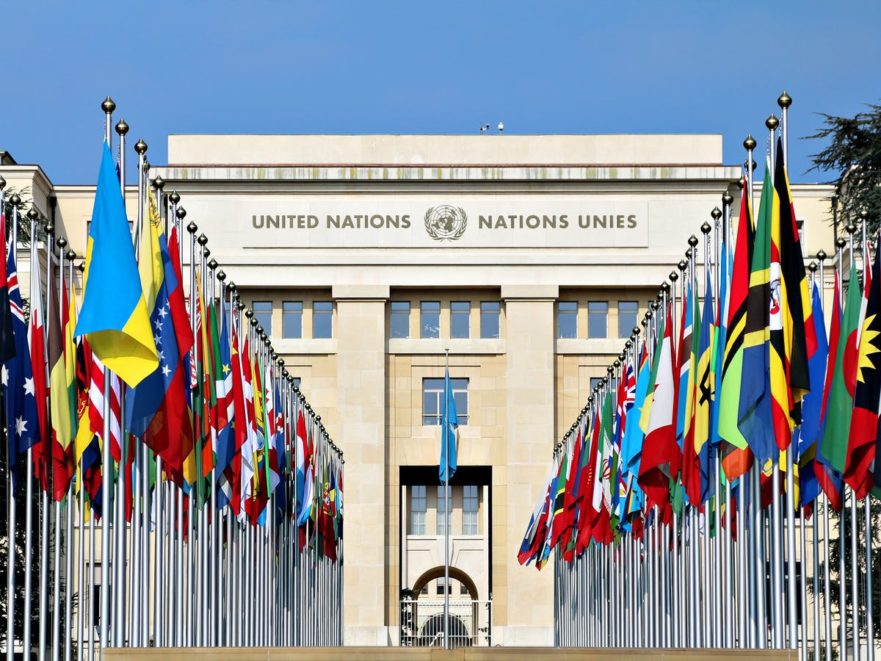21Wilberforce is partnering with the University of Stirling on an innovative research project that will equip human rights advocacy groups with insights and proven pathways to successfully advance religious freedom through the United Nations’ Universal Periodic Review (UPR).
The UN UPR process provides an opportunity for all UN Member States, sometimes in collaboration with human rights groups, to make recommendations for other countries to improve their human rights policies. Individual countries are scheduled for review every four and a half years and after the review they are expected to implement recommendations for human rights improvements.
While this process is a widely recognized method of engagement for human rights advocacy, the connection between religious freedom UPR recommendations and effective on-the-ground implementation is an area that has not been comprehensively researched. Member State improvements based on accepted recommendations for the FoRB framework of various countries around the world are unlikely to materialize if there is no effective implementation, and this research project will help organizations know how to effectively play a role in supporting the realization of these measures.
Project partners will collect the best practices and strategies for civil society groups to help with the implementation phase of the UPR process. By collecting these practices, this project will equip 21Wilberforce and our partners as expert guides for civil society groups and spur increased effectiveness in global FoRB advocacy.
This research will focus on the following three specific areas:
- Identifying and analyzing impact drivers and optimal engagement of human rights organizations in making FoRB recommendations and in supporting and advocating for these recommendations during the three-year implementation phase of religious freedom related recommendations.
- Case studies that provide insights into lessons learned from best practices and failures.
- Key strategies and tactics used by civil society organizations that can be modeled and adopted by others.
A report will be published in mid-2023 that will include research results and related guidance for civil society organizations, governments, media, and other bodies that collaborate in the protection of international religious freedom.

